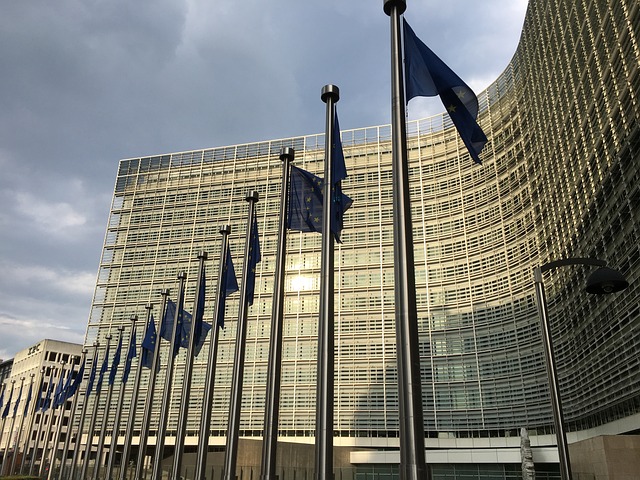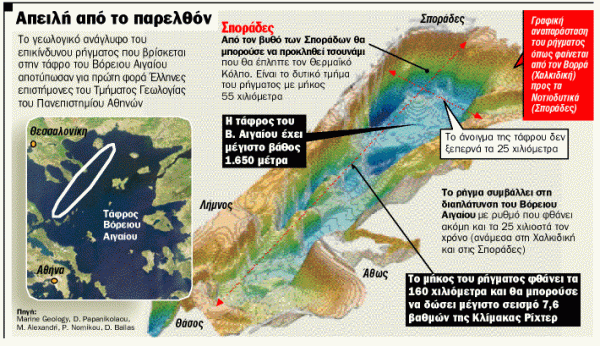EC Study: Democracy in European Union betrayed women

European Union women are significantly targeted by online threats and attacks than men, they are less likely to be elected to responsible functions and are increasingly inclined to abstain from election voting, according to a European Commission’s study dedicated to the June European Parliamentary elections.
– The elections are at the heart of democracy, and elections for the European Parliament are among the biggest democratic developments in the world. They need to follow the highest democratic standards, the study said – published yesterday.
It points out that women’s turnout in last year’s European election was for a percentage point lower than voting in 2019, although voter turnout remained almost unchanged than just under 51 percent.
« Although the representation of women in parliament has been more than doubled compared to the first direct elections in 1979, the share of selected women last year was lower than the previous elections, » the document said.
The EC points out that last year are the first direct elections for members of the European Parliament, which has decreased the share of women in the total number of MPs compared to the previous parliament.
According to statistics, women now make up 38.5 percent of all MEPs, while in the previous composition that rate was 39.8 percent. The largest number of MPs have been elected in Sweden, or 62 % of the total number of Swedish MEPs are women, while no woman is a member of the European Parliament has been elected to Cyprus.
The study also states that the campaign was « non -friendship » in terms of women candidate than men. In some member states, candidates have not been given equal media space for men, and in general women have been « particularly at risk » of violence, harassment and intimidation during the election campaign.
– In the period ahead of the election there was an increase in online gender -based misinformation related to women leaders and candidates. Such challenges can completely dispel women from the political sphere, influencing the democracy and participation of women on the political scene – the document said.
The study estimates that more should be done to achieve gender equality in politics, both at European and national level and to provide better protection of women from online threats.
The document points out that although in some EU member states the age limit for acquiring voting rights was reduced to 16 years, the analysis indicates a significant decline in turnout among younger voters in the Union.
That is why it calls for EU member states to do more to promote the participation of women and young people in democratic processes.
The study also points to an increase in attempts to interfere with the electoral process by actors related to Russia, aimed at undermining the election campaign.
It indicates that several « Kremlin -related operations » have been recorded aimed at manipulating or interfering with the elections.
– In general, EU officials have discovered 42 incidents related to Russian interference, manipulations and attempts. They escalated on Sunday before the vote, reaching a peak between June 6 and 9, and continuing and then – the document said.
Last year’s elections for members of the European Parliament were held from June 3 to 9, with most member states, 21 of 27, the voting was conducted on June 9.
However, the study estimates that EU member states and institutions have taken measures for greater inclusiveness in the election process of young people and women and to facilitate access to polling stations for people with disabilities, as well as to deal with threats after elections, such as foreign interference, disinformation, cyber attacks and other issues.
« All this has helped ensure that the elections take place smoothly and without major incidents or interruptions, » the study concluded.
On the occasion of the publication of the document, the Executive Vice President of Technological Sovereignty, Security and Democracy, Jenna Virkunen, assessed that EU institutions took key steps to ensure that the electoral process were resistant and fair, as European Parliament elections are the cornerstone of the Union’s democracy.
« The 2024 elections have shown an extremely level of EU co -operation, strengthening our commitment to protecting democratic integrity, » Virkunen added.
According to EU Commissioner for Democracy, Justice, the rule of law and consumer protection Michael McGrat, last year’s elections showed an unprecedented cooperation between member states, EU institutions and stakeholders and that teamwork allowed improved readiness to tackle any disorders of the election process.
« When the threats after the elections are growing rapidly, our control and balance systems need to be stronger than ever, so that we can effectively protect our democracies, » McGrat concluded.
According to him, however, it will be vital for the coming period to encourage greater turnout of voters and more inclusive participation, especially among young voters.







